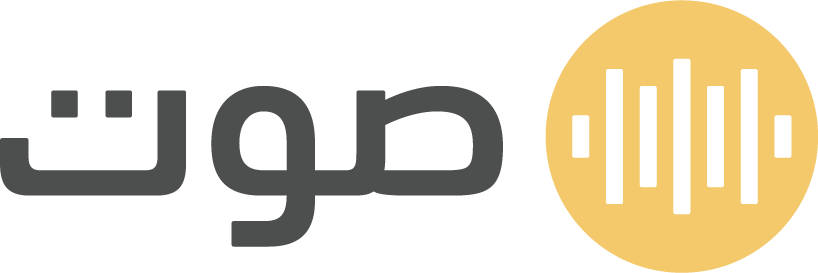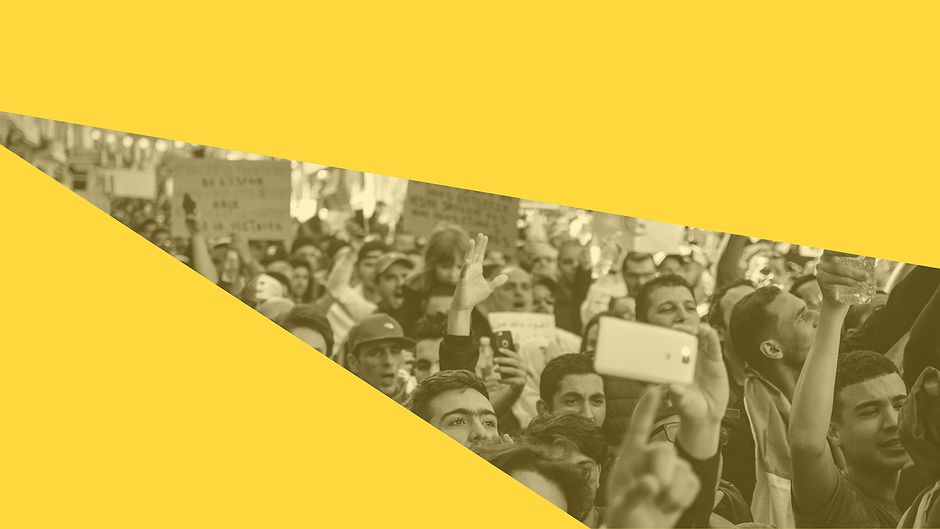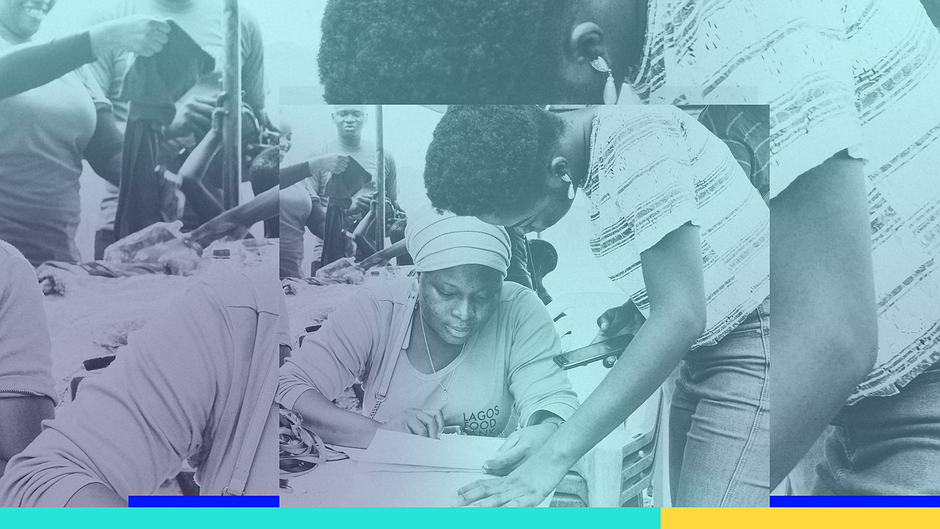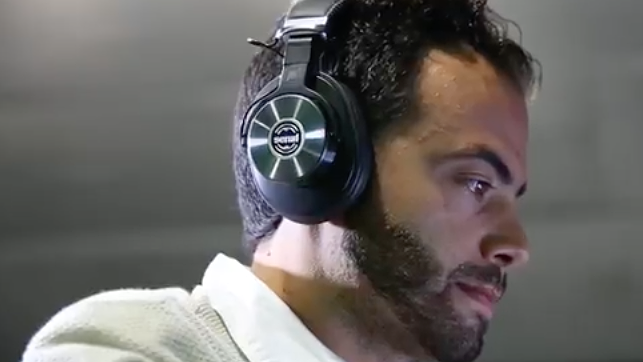Journalism
30 mins
Audio for Advocacy: Podcasts and Storytelling

- Abstract:
- This course will discuss audio storytelling and the emerging world of podcasts. Radio and audio reach large numbers of people, and are an effective way of conveying powerful messages. This course will examine what podcasts are, how they can be useful to our work, and what are inspiring examples of shows out there.
- About this course:
- This course is designed for organisations and individuals who are interested in audio storytelling and human rights advocacy. It serves as an introduction to podcasting and how human rights advocates can utilise audio storytelling in their work.
- What do I learn:
- You will be introduced to podcasting and types of audio storytelling. You will learn about the equipment required to host your own podcast and gain skills in how to produce interesting and engaging audio content to compliment your human rights work.
- What do I need to know:
- This course is for human rights advocates interested in telling personal stories. It is for people at organisations who are new to audio production. We also recommend you take our Making your own podcast as well to develop your audio storytelling skills.
Trainers
- 1.1 Introduction to course1.2 What is a podcast?1.3 The best place to find podcasts
- 2.1 Why podcasting?2.2 Inspiring examples: Narrative driven podcasts
- 3.1 Why use audio?3.2 Quiz
- 4.1 Podcatchers and audio networks4.2 Existing infrastructure4.3 Importance of your audience
- 5.1 Networking with radio and media organisations5.2 Co-publishing5.3 Complementing audio
- 6.1 Wrap up video
Related courses

40 mins
 Rory Peck Trust
Rory Peck Trust
40 mins
 Rory Peck Trust
Rory Peck Trust
40 mins
 WITNESS
WITNESS
40 mins
 WITNESS
WITNESS
Suggested reading

Blog
Building Capacity for Monitoring & Documenting Human Rights Violations
The purpose of this assessment is to evaluate the efficacy of strategies used by HRPs/HRMOs for communicating during blackouts. The goal of this project envisages to see a ZimbabweanCivilSociety that is prepared to document and monitor human rights violations without hiccups during internet shutdowns.

Blog
Advocacy Assembly Internet Shutdown Academy: Creative Strategies to Fight Back
Internet shutdowns are occurring increasingly globally, posing significant threats to freedom of expression, access to information & economic growth. These shutdowns manifest in various forms through different technical measures & are implemented by governments in various circumstances. Responding to this threat of internet shutdowns, Advocacy Assembly designed the Internet Shutdown Academy, a set of 10 full online courses in 7 languages!

Blog
Evaluating the Efficacy of State-Imposed Telecom Shutdowns in Northwest Nigeria
This article casts doubt on the shutdowns' effectiveness in curbing banditry, exposing alternative explanations for any temporary decrease in attacks. It questions the legitimacy of justifying these shutdowns as effective counter-terrorism measures, advocating for alternative approaches that prioritize community engagement, human rights, and development initiatives to address the root causes of insecurity and foster lasting peace in Northwestern Nigeria and Nigeria at large.

Blog
Impact of the Twitter Ban in Nigeria
This post is a research study on the impact of the Twitter ban in Nigeria on Human Rights Monitoring, Advocacy and Creativity. Read more.

Blog
Four Free Toolkits to Fight Internet Shutdowns
Let’s tell you a little bit more about each toolkit!

Blog
The Impact of Internet Disruptions on Farmers in Nigeria
In Nigeria’s Northwestern Sokoto State, farm workers grapple with geopolitical challenges, shifting climate realities, and economic turbulence. However, they now face a new, growing threat: a troubling rise in internet disruptions, which threatens their ability to work in an increasingly digitally connected world. Read more.
